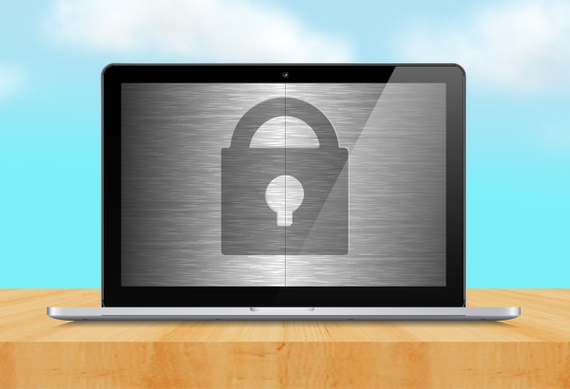I'm pretty much your typical Millennial.
I have a Facebook page, Twitter account, and LinkedIn profile. I'm employed, live in a major metropolitan area, and I'm childless. I use sites like Wikipedia, Reddit, and Google on a daily basis and I'm fairly cavalier when it comes to my emails. I've certainly sent my fair share of inappropriate content never once thinking it might come back to bite me in the rear.
But yesterday, a friend forwarded me an email from the Wikimedia Foundation (operator of Wikipedia) asking for an annual donation. The message from the founder read:
Wikipedia is something special. It is like a library or a public park. It is like a temple for the mind, a place we can all go to think and learn.
To protect our independence, we'll never run ads. We take no government funds. We survive on donations from our readers. Now is the time we ask.
If Wikipedia is useful to you, please take one minute to keep it online and ad-free another year.
That got me thinking -- if Wikipedia needs our donations for its survival, what am I giving up for the privilege of accessing all the other useful sites that don't seek my donation?
The whole NSA scandal is still hard for me to stomach. Is the government reading my emails? Or do they just know who I called and how long we spoke? My private information isn't actually private? Maybe that's a bit of an exaggeration, but collecting "metadata" from American citizens and sharing that information with government employees without stripping it of identifying features sure feels like an invasion of my privacy. It's not quite putting a camera in my bathroom, but it's pretty darn creepy.
How are we allowing this and how can I keep my information safe? I know we've given up some privacy to fight global terrorism, but has this all gone just a little too far? Doesn't the pendulum always swing too far before coming to rest in the right spot?
It's funny, when it comes to keeping a business secure, there are a number of ways to encrypt data and keep it away from prying eyes. Google recently discovered, for example, that their data wasn't as private as they had imagined. And, a recent article in The Washington Post illustrates the lengths Microsoft is now going to ensure that the government can't spy on its internet traffic.
One argument I've heard repeatedly is, if the government started opening our mailboxes and reading our letters, we'd be outraged. But no one sends letters anymore. Email has replaced letter writing. So why is that information considered any less private, any less off-limits than regular old snail mail?
Millennials need to care about privacy and protection of personal information. Today, we are taking on leadership roles in organizations. For the first time in our lives, we hold positions of power. We are the ones making decisions and we can impact the future of security; we can help set the balance between making the world a safe place and preserving our necessary freedoms. It's our information and our lives that are going to be scanned, sniffed, and categorized. To counteract the current system and prevent this "overcollecting", we need to be the voices that guide the conversation on what the privacy policies should be.
Today, privacy laws are still adjusting to the digital world from their years of application in the physical world. Laws that might permit the government to grab your physical mail if you don't claim it for 180 days, don't mean much in the all-digital world. I have emails sitting in my mailbox from high school and I sure hope those stay private.
But what can we do individually?
Should we start tokenizing and encrypting all of our own files? Should we hope that the government comes in and protects our privacy rather than rudely disrupt it in the guise of preventing terroristic acts?
We are the millennial generation. We are the ones with decades (our entire post-elementary school years) of accumulated information online. We should read up on this, form opinions, and ask for what we want.
Because, we all have a right to privacy, right? It's right there in the Constitution. Well, sort of.

